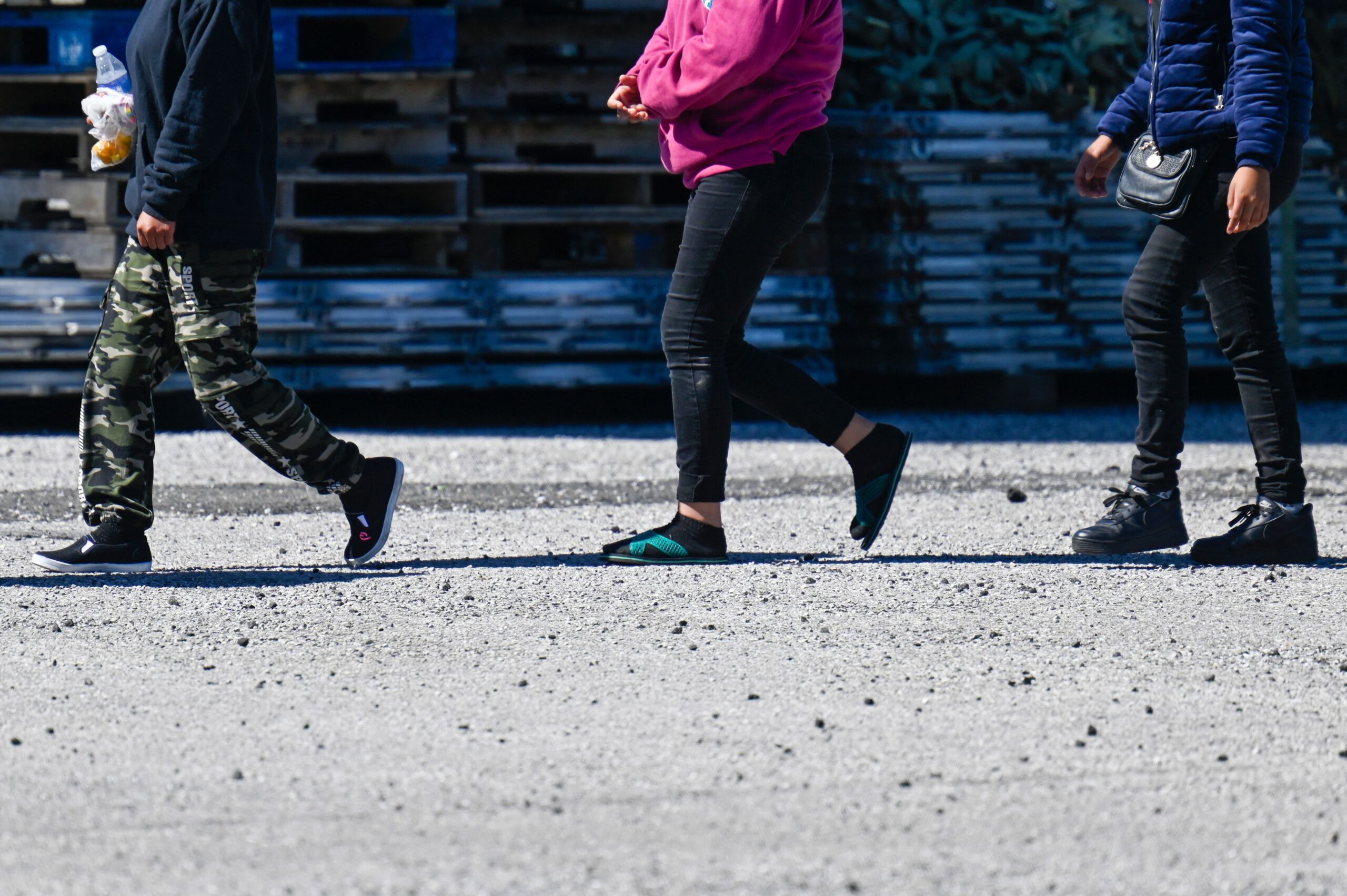
By EFE
Dec 26, 2023, 12:47 PM EST
At least 2,338 unaccompanied Honduran minors remain held in shelters in the United States, 26% less than the 3,160 in September, reported the Foreign Minister of Honduras, Eduardo Enrique Reina.
In a message on the social network shelters there were 3,160 unaccompanied Honduran minors.”
And as of December 12, the number of Honduran minors in shelters “was reduced to 2,338,” which means 26% less than those registered in September, the chancellor said.
He added that 880 Honduran minors have been reunited thanks to a support program promoted by the Honduran president in the Honduran consulates in Texas. “We will continue in this work,” Reina emphasized.
According to human rights organizations, at least 3,000 Hondurans, including minors, leave the country every month with the idea of reaching the United States due to the lack of work and in other cases due to the insecurity that Honduras is experiencing.
Between January and December 17, 54,279 Hondurans were deported, including 14,636 minors, many of them unaccompanied by adults, according to figures from the National Migration Institute (INM) of Honduras.
The United States immigration authorities alone have returned 37,537 Hondurans to Honduras, including 10,383 minors.
According to a survey by the International Organization for Migration (IOM), released last June, 63.4% of Honduran minors who migrate irregularly to the United States do so on their own and 81% of them are looking for better conditions. of life.
“6 out of 10 returned girls, boys and adolescents traveled the migratory route on their own, while 3 out of 10 did so with a human trafficker,” details the IOM document.
81% of minors seek to improve their living conditions, 29.2% of them migrate for family reunification and another 27.8% for work reasons due to informality and low salaries in their country that do not allow them to cover their basic needs. , according to the survey.
Keep reading:
